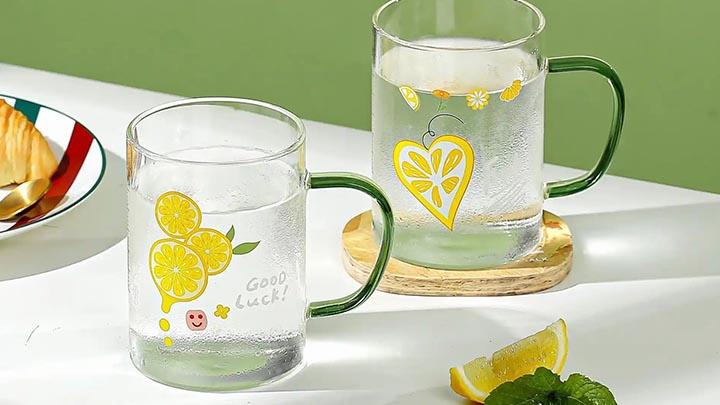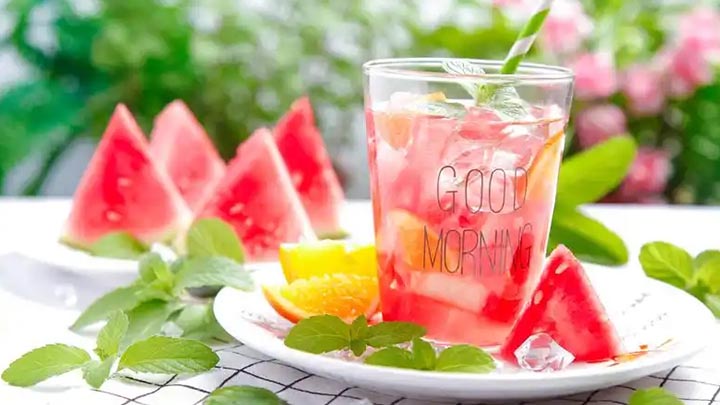How to Choose the Perfect Glass Cup: A Comprehensive Guide
Glass cups are versatile and elegant, serving various purposes from everyday use to special occasions. Whether you’re selecting glasses for tea, coffee, wine, or water, choosing the right glassware enhances your drinking experience. This guide will help you navigate the factors to consider when picking the perfect glass cup for your needs.
1. Understanding the Types of Glass
Different types of glass offer varying levels of durability, clarity, and purpose:
Soda-Lime Glass
- Common Use: Everyday glassware, water glasses, and tumblers.
- Pros: Affordable, widely available.
- Cons: Less durable and more prone to breakage compared to other types.
Borosilicate Glass
- Common Use: Heat-resistant glassware, such as coffee or tea cups.
- Pros: Highly durable, resistant to thermal shock, and suitable for both hot and cold beverages.
- Cons: Slightly more expensive than soda-lime glass.
Crystal Glass
- Common Use: Fine dining, wine glasses, and decorative glassware.
- Pros: Exceptional clarity, elegant appearance, and a pleasing sound when clinked.
- Cons: Fragile, requires careful handling, and usually more expensive.
Tempered Glass
- Common Use: Kitchenware and outdoor glassware.
- Pros: More durable than regular glass and less likely to shatter into sharp pieces.
- Cons: Limited design options and can be heavier.
2. Consider the Purpose
The intended use of the glass cup significantly influences your choice:
For Water and Juice
- Best Choice: Standard tumblers or highball glasses.
- Features to Look For: Simple, sturdy design with a comfortable grip.
For Coffee and Tea
- Best Choice: Double-walled borosilicate glass or porcelain-lined glass mugs.
- Features to Look For: Heat resistance, insulation, and a handle for easy holding.
For Wine and Spirits
- Best Choice: Crystal glass or fine stemware.
- Features to Look For:
- Wine: Shape affects aroma and taste. Red wine glasses should have a wider bowl; white wine glasses should be narrower.
- Spirits: Tumblers or snifters enhance the tasting experience.
For Beer
- Best Choice: Beer mugs or pint glasses.
- Features to Look For: Thickness for durability, and some designs may enhance the beer's head and aroma.
3. Assess Design and Aesthetics
The visual appeal of glassware matters, especially for serving guests:
Shape and Style
- Simple Designs: Versatile and suitable for everyday use.
- Decorative Options: Etched patterns, colored glass, or hand-blown pieces add elegance to special occasions.
Ergonomics
- Comfortable Grip: Ensure the cup feels comfortable to hold, especially when filled.
- Balanced Weight: Heavier glasses are more stable but might feel less refined.
4. Evaluate Quality and Craftsmanship
Good-quality glassware enhances durability and user experience:
Check for Clarity
- High-quality glass should be clear and free from bubbles or imperfections.
- Crystal glass offers the best clarity but requires careful maintenance.
Inspect the Rim
- Smooth Finish: A smooth rim ensures comfortable sipping.
- Thin vs. Thick Rims: Thin rims are elegant but fragile, while thick rims offer durability for everyday use.
Base Stability
- Ensure the base is flat and stable to prevent tipping.
- Stemware: The stem should be sturdy and proportionate to the bowl.
5. Durability and Maintenance
Consider how much wear and tear your glassware will endure:
Dishwasher Safety
- Check if the glass is labeled dishwasher-safe.
- Borosilicate and Tempered Glass: Generally more dishwasher-friendly.
- Crystal Glass: Handwashing is recommended to preserve its clarity and prevent damage.
Resistance to Temperature Changes
- Borosilicate glass can handle sudden temperature changes, making it ideal for hot beverages.
- Regular glass might crack if exposed to rapid temperature shifts.
6. Environmental and Health Considerations
Glass is an eco-friendly and safe material, but it’s worth considering:
Lead-Free Options
- Traditional crystal glass may contain lead, but modern alternatives use lead-free crystal.
- Lead-free glass is safer and still offers brilliance and clarity.
Recycled Glass
- Opt for recycled glass to reduce environmental impact.
- It often has a unique, slightly greenish tint.
7. Budget Considerations
Glassware prices vary widely based on type and craftsmanship:
- Affordable Options: Soda-lime glass is economical and sufficient for everyday use.
- Mid-Range: Borosilicate glass offers durability and versatility.
- Luxury: Crystal and hand-blown glass are more expensive but provide unmatched elegance.
Conclusion
Choosing the perfect glass cup involves more than just aesthetics; it requires careful consideration of material, design, purpose, and quality. Whether you’re investing in a set of crystal wine glasses or practical borosilicate coffee mugs, selecting the right glass enhances both functionality and enjoyment. By understanding these factors, you can make an informed decision that suits your needs and reflects your personal style, ensuring you get the most out of your glassware for years to come.




